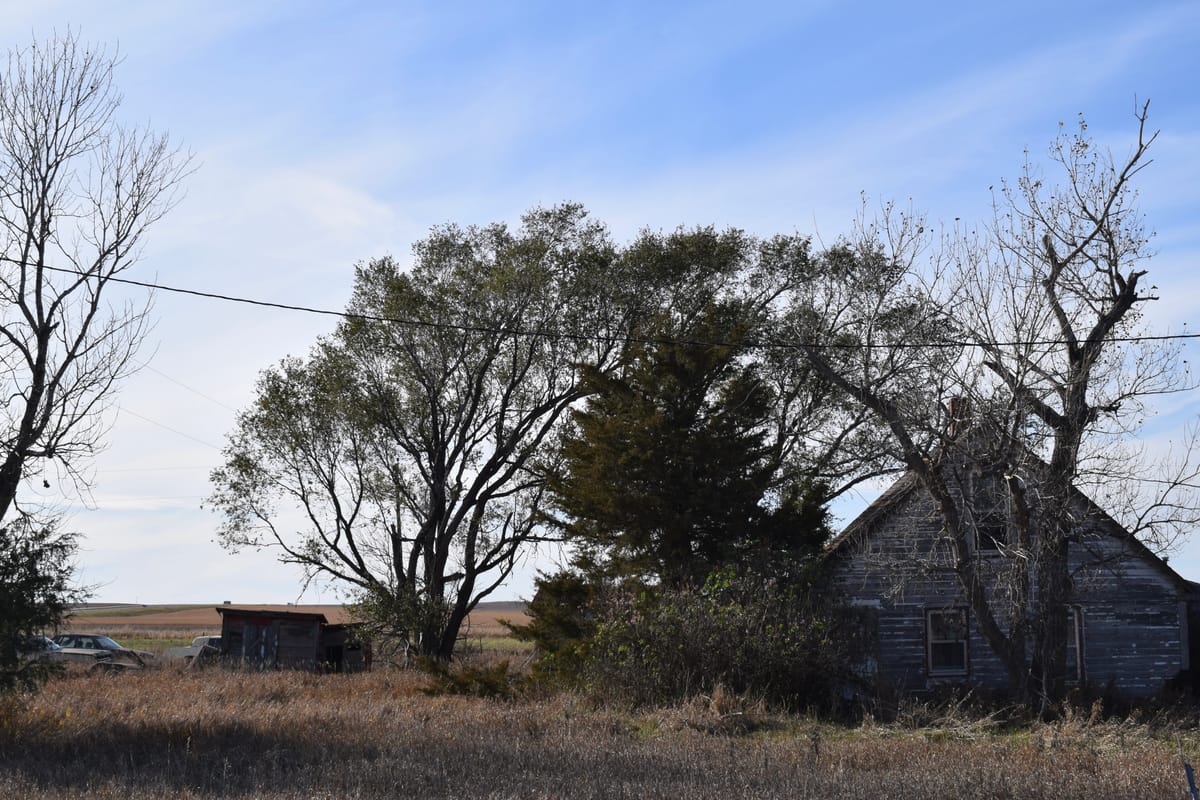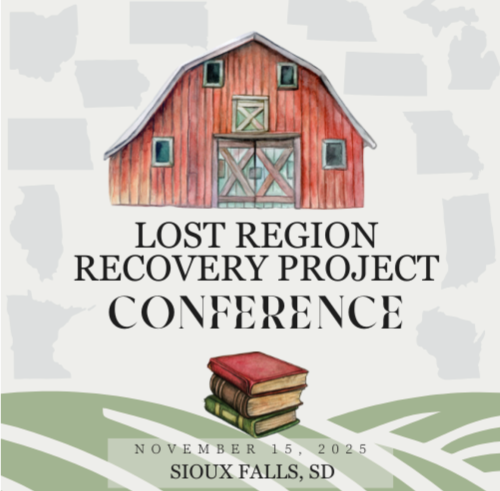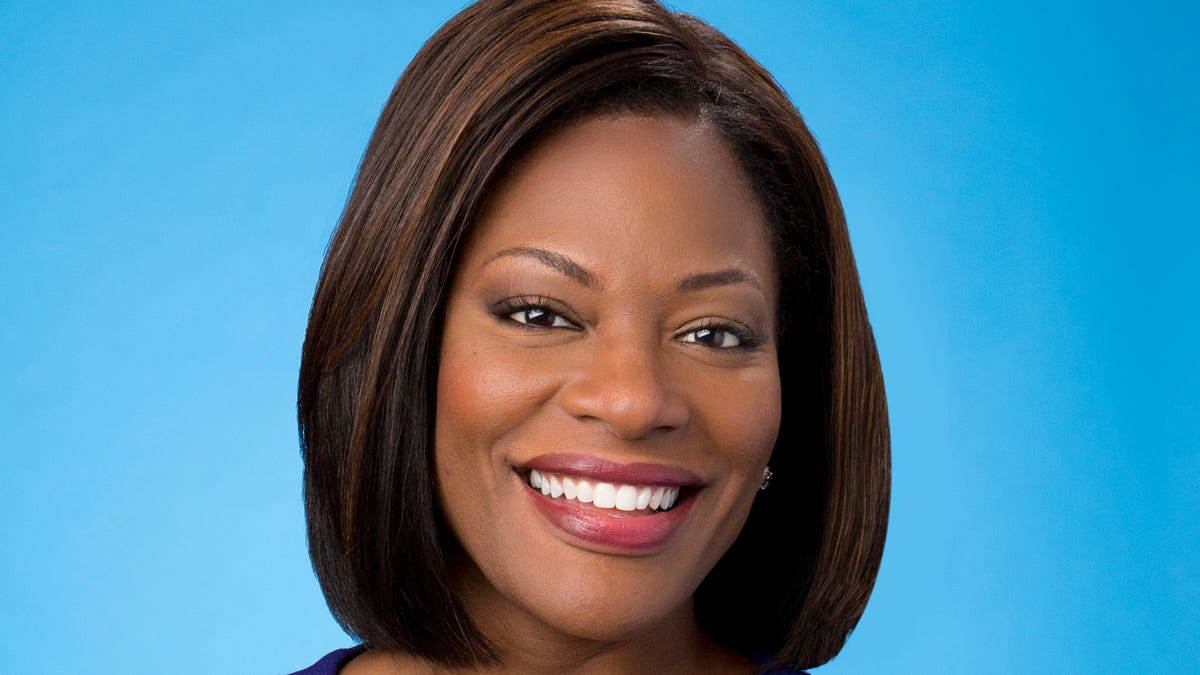South Dakota
New list rates the most bipartisan members of Congress—and the least • South Dakota Searchlight

WASHINGTON — Maine Republican Sen. Susan Collins and Pennsylvania Republican Rep. Brian Fitzpatrick were the most bipartisan members of Congress last year, according to a newly released analysis from the Lugar Center and the McCourt School of Public Policy at Georgetown University.
The least bipartisan House lawmaker was Ohio Republican Jim Jordan, while Alabama’s Katie Britt, a Republican freshman, placed last among senators.
No member of South Dakota’s all-Republican, three-member congressional delegation ranked in the top 10 of either chamber, but all three were in the top half of the rankings. Sen. Mike Rounds ranked 20th in the 100-member Senate, and Sen. John Thune ranked 42nd. Rep. Dusty Johnson ranked 106th in the 435-member House.
The latest ranking of the most bipartisan lawmakers comes amid one of the least productive Congresses in the nation’s history and just months before nearly all House lawmakers and about one-third of the Senate face voters at the polls in November.
Maria Cancian, dean of the McCourt School of Public Policy, wrote in a statement announcing the new rankings that “while there is much room for improvement, I am encouraged to see some progress on cross-party collaboration.”
“In these deeply divided times, and with an increasing amount of misleading information online, we need tools like the Bipartisan Index more than ever — an evidence-based and nonpartisan approach for measuring how well policymakers work across the aisle to get things done,” Cancian wrote.
Lugar Center Policy Director Dan Diller wrote that it was “especially disheartening that all eight new Senators who took office in January 2023 ranked in the bottom 30 percent of Senate scores.”
“Bipartisan cooperation on legislation in 2023 was deficient by historical standards, though there were some marginal improvements in scores from the previous Congress,” Diller wrote.
The website with the rankings states that the “Bipartisan Index is intended to fill a hole in the information available to the public about the performance of Members of Congress.”
The Lugar Center, founded by the late U.S. Sen. Richard Lugar, a Republican from Indiana, “is a platform for informed debate and analysis of global issues, including nonproliferation of weapons of mass destruction, global food security, foreign assistance effectiveness and global development, energy security, and enhancing bipartisan governance,” according to its website.
The rankings take into consideration “the frequency with which a member of Congress sponsors bills that are co-sponsored by at least one member of the opposing party” and “the frequency with which a member co-sponsors bills introduced by members of the opposite Party.”
Who is the most bipartisan?
The top 10 senators were:
- Collins
- Michigan Democrat Gary Peters
- New Hampshire Democrat Maggie Hassan
- West Virginia Democrat Joe Manchin
- Texas Republican John Cornyn
- Nevada Democrat Jacky Rosen
- Alaska Republican Lisa Murkowski
- Kansas Republican Jerry Moran
- Indiana Republican Todd Young
- Montana Democrat Jon Tester
The top 10 House lawmakers were:
- Fitzpatrick
- New York Republican Marcus Molinaro
- New Hampshire Democrat Chris Pappas
- New York Republican Mike Lawler
- North Carolina Democrat Don Davis
- Puerto Rico Republican Delegate Jenniffer González-Colón
- Nevada Democrat Susie Lee
- Nebraska Republican Don Bacon
- New Jersey Democrat Josh Gottheimer
- Iowa Republican Zach Nunn
The Lugar Center and the McCourt School of Public Policy at Georgetown University wrote on their website that their “aim in publishing this Index is not to promote a specific legislative agenda, as is the case for many indexes, but solely the promotion of a bipartisan approach to governance.”
“The credibility of the Index is derived from the objectivity of its methodology; Index scores are computed formulaically from publically available data,” it states. “The Index requires no subjective assessment of specific legislative items.”
The least bipartisan House lawmakers following Jordan were New York Democrat Alexandria Ocasio-Cortez, Missouri Democrat Cori Bush, New York Democrat Jamaal Bowman and Missouri Republican Eric Burlison.
House Speaker Mike Johnson, a Louisiana Republican, ranked 423, but will likely be excluded from future scores since he has now occupied one of the top two leadership posts for at least six months.
The least bipartisan senators following Britt were Missouri Republican Eric Schmitt, Washington state Democrat Patty Murray, Wisconsin Republican Ron Johnson and Arkansas Republican Tom Cotton.
GET THE MORNING HEADLINES DELIVERED TO YOUR INBOX

South Dakota
Effort to highlight Midwestern history and academia comes to SD

SIOUX FALLS, S.D. – A conference that focuses on the revitalization of Midwestern studies comes to South Dakota this month, bringing with it nearly 30 academics from across the country.
The Lost Region Recovery Project Conference, which is hosted by the “Middle West Review,” will take place Nov. 15 at the Washington Pavilion in Sioux Falls. It’s part of a broader effort to highlight the history of the Midwest and bring a level of organization and order to the concentrated study of the region.
Just over a decade ago, historian Jon Lauck, who teaches at the University of South Dakota, founded the “Middle West Review” after writing his first book, “Prairie Republic,” on South Dakota history. During that process, he found resources to understand Midwestern history few and far between.
“I wanted to write a follow-up article (after the book’s publication), and I just couldn’t find anything. And I was like, ‘What?’ There must be more about this region,” Lauck told News Watch. “I just noticed there’s not much written about the Midwest. That’s really how this began.”

The journal, which is published from USD by the University of Nebraska Press, is the first of its kind for Midwestern historians. Lauck also helped found the Midwestern History Association, which advocates for the further study of the Midwest.
Lauck said the Midwest has a relatively sparse academic field dedicated to its study compared to other regions in the country.
“I think there’s 10 different academic centers for the study of the South. And I think there’s at least as many for the American West. But in the Midwest, there’s a total of zero. Which is pretty shocking,” he said.

Though the field is young, there is substantial interest in it, Lauck said. The Midwestern History Association now hosts five officers and a board of directors that includes historians from the National Museum of American History, Northwestern University and the University of Notre Dame.
“A lot of teachers, a lot of young professors have come (to the conference), and they’ve decided to add more about the Midwest to their courses. And they’ve started research projects, and there’s a couple of book series that have gotten underway in the last six, seven years. So those are all good signs,” Lauck said.
‘Middle West Review’ helps crystallize Midwestern identity
In 2023, the journal conducted a survey asking people from across the region whether they identified as a Midwesterner. The results were surprising in their far-reaching nature – people from Pennsylvania to Idaho felt that they were part of the region.
Surveys like those are only a small part of the work that the “Middle West Review” publishes, but Lauck said it illustrates the importance of a focused Midwestern studies field.
“For Iowa, a quintessential Midwestern state, 97% of people said, ‘Yes, I am a Midwesterner (in the survey).’ When you get 97% of people saying anything in this day and age, this day of fractured polarization, that means that belief and that sense of identity is pretty strong,” Lauck said.
“So if we’ve established that people believe this is who they are, and this is where they’re from, what does that mean exactly? What is that history? And we’re trying to tease that out with (the “Middle West Review”) and with conferences like this.”
Conference speakers range from Midwestern music to democracy
Eight themes will lead the conference, ranging from “Present Perils,” speaking to issues plaguing Midwestern studies, to “Hope,” which will focus on how the field can contribute to cultural development in the region.
“Rural people, in particular, have an interest in place and rootedness and where they are from. They often grow up on farms that have been in the family for 100 or 150 years. So their roots are particularly deep, much deeper than someone who grows up in the suburbs of Chicago, going to McDonald’s and who doesn’t have as much connection to a particular place or space,” Lauck said. “So I think rural Americans, rural South Dakota, will appreciate this effort to understand their place better.”
In the “Midwestern Voices” section of the conference, three academics will speak about three different racial groups who call the Midwest home:
- David Brodnax Sr., a Trinity Christian College professor, will discuss the Midwestern African American population.
- Kristy Nabhan-Warren, a professor at the University of Iowa, will speak about the Midwestern Hispanic population.
- Mary Stockwell, a historian and author studying Native American and Midwestern history, will speak on the intersection of those topics. Stockwell said that her books, which highlight topics like the removal of Native Americans in Ohio and President Ulysses S. Grant’s federal Indian policy, focus on both sides of historical events without painting sides as good or bad.
“I’m amazed to find it’s not black and white, it’s not good versus evil everywhere,” Stockwell told News Watch. “I write about people on all sides of this great conflict, collision and creativity of people that have created the United States of America.”
She said that studying the past has allowed her to understand more fully how the Midwest acts in the present – and how others can learn from how it has developed.
“I always say, ‘Can you imagine the United States of America if you didn’t have the Midwest?’ It’s incomprehensible,” Stockwell said.
“That miracle is happening in the center of the United States, and historians have told this story. Maybe, if we do worry about democracy in the future, we can look back to the Midwest and see what it did for good. It is truly the heart of America. That’s not a sentimental thing. That’s almost a scientific thing.”
This story was produced by South Dakota News Watch, an independent, nonprofit organization. Read more stories and donate at sdnewswatch.org and sign up for an email for statewide stories. Investigative reporter Molly Wetsch is a Report for America corps member covering rural and Indigenous issues. Contact her at molly.wetsch@sdnewswatch.org.
South Dakota
Flags at Half-Staff across South Dakota in Honor of Former Vice President Dick Cheney

RAPID CITY, S.D. (KOTA) – Governor Larry Rhoden has ordered that flags be half staff statewide in honor of former Vice President Dick Cheney.
Flags will remain at half-staff until the day of his interment, which will be announced at a later date.
See a spelling or grammatical error in our story? Please click here to report it.
Do you have a photo or video of a breaking news story? Send it to us here with a brief description.
Copyright 2025 KOTA. All rights reserved.
South Dakota
Obituary for Jack Lee Dailey Jr at Miller Funeral Home & On-Site Crematory

-

 Milwaukee, WI1 week ago
Milwaukee, WI1 week agoLongtime anchor Shannon Sims is leaving Milwaukee’s WTMJ-TV (Channel 4)
-

 Culture1 week ago
Culture1 week agoVideo: Dissecting Three Stephen King Adaptations
-

 Austin, TX1 day ago
Austin, TX1 day agoHalf-naked woman was allegedly tortured and chained in Texas backyard for months by five ‘friends’ who didn’t ‘like her anymore’
-

 Seattle, WA1 week ago
Seattle, WA1 week agoFOX 13’s Aaron Levine wins back-to-back Jeopardy! episodes
-

 Seattle, WA5 days ago
Seattle, WA5 days agoESPN scoop adds another intriguing name to Seahawks chatter before NFL trade deadline
-

 Education1 week ago
Education1 week agoOpinion | New York City Mayoral Candidates: Who Would Be Best?
-

 San Diego, CA1 week ago
San Diego, CA1 week agoAdd Nick Hundley, Ruben Niebla to list of Padres’ managerial finalists
-
Business1 week ago
Disneyland Resort lays off 100 people in Anaheim






















